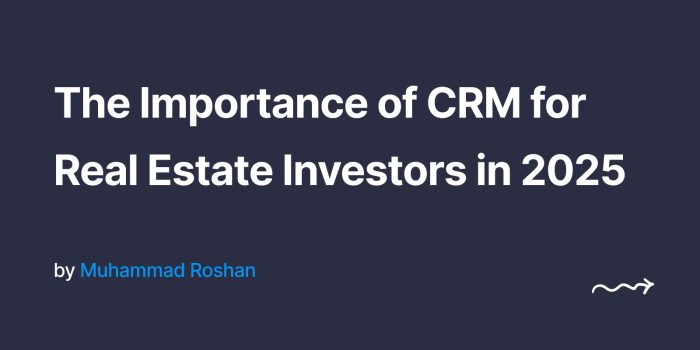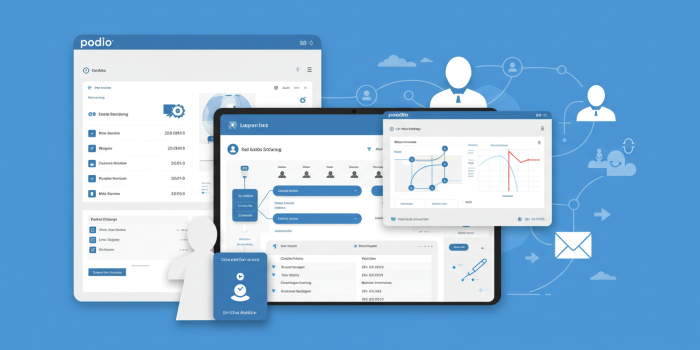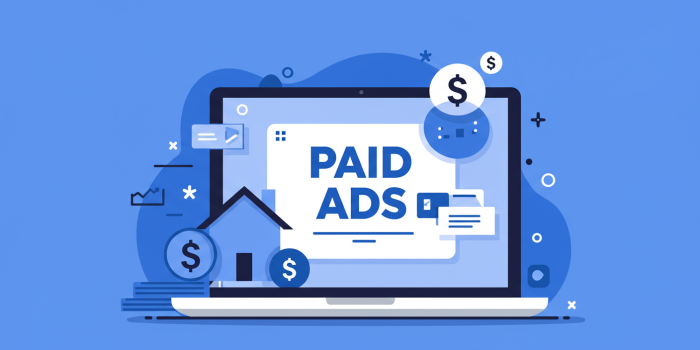In the competitive world of real estate wholesaling, REI lead qualification is one of the most crucial steps in securing profitable deals. It’s easy to get excited about a lead and rush into the process, but not every lead is worth your time. Effectively REI Lead Qualification is necessary to avoid wasting precious resources on unqualified prospects. In this blog, we will discuss the 5 red flags to look out for when qualifying leads in real estate wholesaling and offer tips on how to handle them effectively.

1. Lead Shows Little Motivation to Sell
Motivation is the cornerstone of every successful deal in real estate wholesaling. Whether the seller is dealing with financial distress, a divorce, or another urgent life event, understanding their motivation helps you determine how likely they are to accept an offer. Unmotivated sellers are often a waste of time, especially if they have no pressing reason to sell.
Why This Matters
When a seller is motivated, they’re more likely to engage in meaningful negotiations, accept a fair offer, and move quickly to close the deal. If a lead expresses little to no motivation, they may not be serious about selling, which means you could be chasing an unproductive deal.
What to Do
During your initial contact with a lead, ask open-ended questions that help you understand their reasons for selling. Try to uncover life events like job loss, financial strain, or personal challenges that could make them more inclined to sell. For example:
- “Why are you looking to sell your home?”
- “Do you need to sell quickly, or is there flexibility on your timeline?”
- “Are you dealing with any financial challenges or life changes that make selling a priority?”
If the lead expresses little interest in the process or has no urgency to sell, it’s likely that they won’t be ready to close anytime soon. Politely end the conversation and move on to other more promising opportunities.

2. Lead Overvalues Their Property
A seller’s emotional attachment to their property can lead them to overestimate its market value. Overpricing a property is a common red flag, and it can derail your attempts at negotiating a fair deal. Even if the property has great potential, an inflated asking price can make it impossible to get the deal done.
Why This Matters
When a lead overvalues their property, you may find it difficult to move forward with negotiations. Sellers who refuse to lower their price will often drag out the process or abandon the deal altogether. It’s important to establish realistic expectations early on to avoid wasting time and energy.
What to Do
The first step in handling an overvalued property is to provide the lead with market data. Use comparable sales (comps) and neighborhood trends to show the seller a reasonable asking price for their property. It’s best to educate the seller on the current market conditions in a non-confrontational way. Here’s how you can present your case:
- “I’ve reviewed similar properties in the area, and based on those sales, I believe the price you’re asking for is a bit higher than the market value.”
- “I’d be happy to show you recent comps from nearby properties that sold recently, which might help you adjust your expectations.”
If the lead continues to insist on a price that’s above the market, it’s probably best to walk away. You can always check back in the future if their situation changes.

3. Lead Is Not Responsive or Difficult to Reach
Effective communication is vital to the success of any real estate deal, and leads who are unresponsive or hard to reach can cause delays and confusion. If a lead isn’t responsive to your outreach, it’s a sign that they may not be fully invested in the process. You may be dealing with a low-priority lead who is unlikely to move forward.
Why This Matters
Real estate deals require quick action, and if a lead isn’t responding to calls, texts, or emails, you could miss out on other opportunities. A lack of communication can also signal that the lead isn’t motivated enough to follow through.
What to Do
Try to reach out via multiple communication channels to get the lead’s attention. If they’re not responding to calls, try sending a personalized email or a text message. You could also attempt to reach them on social media platforms if they’re active there. However, if the lead continues to ignore you, it’s important to know when to stop.
- “I’ve tried calling and texting a few times with no response. If now isn’t a good time to talk, please let me know when I should follow up.”
- “I understand if this isn’t the right time, but if you’re still interested in selling, I’d love to have a conversation when you’re available.”
If after several attempts the lead remains unresponsive, it may be best to move on to more responsive prospects.

4. Lead Demands an Unreasonably High Sale Price
Some sellers may come to the table with unreasonable price demands. Even if the property has potential, high price expectations can lead to an impasse. An unreasonably high price can also indicate that the seller is either out of touch with the market or unwilling to negotiate.
Why This Matters
An unreasonably high asking price can make negotiations difficult and time-consuming. It’s essential to assess early on if a seller is realistic about their property’s value. If they’re unwilling to budge on price, it may be a sign that you won’t be able to secure a deal.
What to Do
To handle this situation, you’ll need to be firm yet polite. Present your valuation of the property and compare it with the market value. If necessary, explain your formula for determining an offer price, including repair costs, potential profit margins, and other relevant factors. Here’s an approach you can take:
- “Based on my analysis and market research, I believe the fair value for your property is around $X. I’ve seen similar properties in the area sell for that range.”
- “I understand you may have your reasons for asking for a higher price, but I would be happy to explain how we arrive at our offer if you’d like to discuss further.”
If the seller insists on a price that’s too high, you may want to walk away from the deal. But, keep the door open in case their situation changes.

5. Lead Doesn’t Have Clear Ownership or Legal Issues
Before moving forward with any lead, make sure the person you’re dealing with has clear ownership of the property and is legally able to sell it. Many deals fall apart due to legal issues, such as unresolved liens, disputes, or unclear ownership records.
Why This Matters
Legal obstacles can kill a deal quickly, leaving you with wasted time and energy. If a lead can’t prove ownership or is embroiled in legal complications, there’s little chance the deal will close smoothly. These issues are often difficult and time-consuming to resolve, so they’re not worth your effort if the lead can’t provide clarity.
What to Do
Early in the conversation, request information about the lead’s ownership status. Ask for documents like a deed, title report, or any legal papers that confirm their right to sell the property. If there are liens, judgments, or ownership disputes, these must be addressed before proceeding with the deal.
You should also assess the lead’s willingness to resolve any legal issues. If they seem unsure or unwilling to clear up their ownership status, it might be best to move on. Additionally, you should consider working with legal professionals to help resolve complicated situations if the deal seems promising.
Conclusion: Master Your REI Lead Qualification Process
As a real estate wholesaler, it’s essential to quickly identify red flags during the REI lead qualification process. By recognizing these signs early on, you can save yourself valuable time and resources. Focus your efforts on motivated, responsive, and legally clear leads to increase your chances of closing profitable deals.
One of the best ways to streamline this process is by using a CRM (Customer Relationship Management) tool like Podio CRM. With customizable features, Podio can help you track, manage, and REI Lead Qualification more efficiently, giving you a competitive edge in the fast-paced world of real estate wholesaling.
The sooner you can identify and eliminate unqualified leads, the sooner you’ll be closing high-quality deals and scaling your business.









